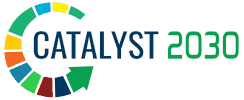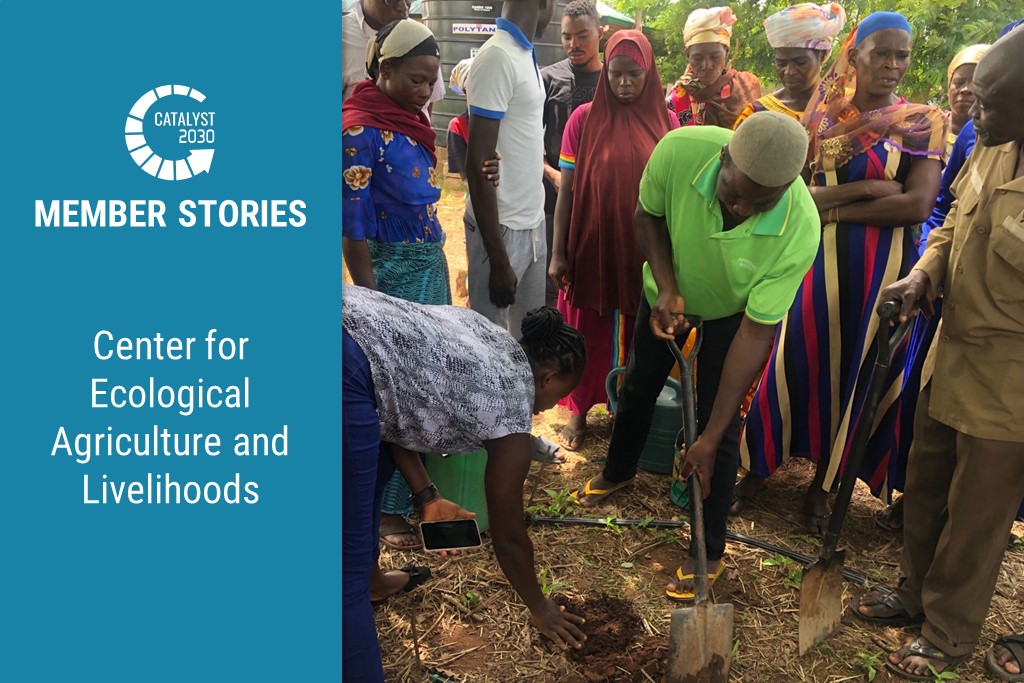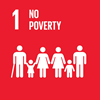
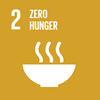
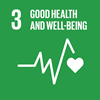
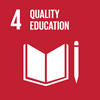
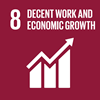
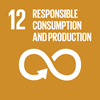
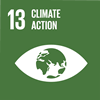
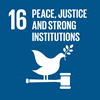
Sustainability practices for smallholder farmers in Northern Ghana
The strapline for the Center for Ecological Agriculture and Livelihoods,“Brightening the future for small holder farmers in Northern Ghana”, clearly defines the organisation’s vision.
Against a backdrop of “under-development, slow socio-economic transformation, coupled with highly entrenched poverty and unsustainable agricultural production practices,” CEAL was born in 2017 when a group of smallholder farmers formed a farmer-based organisation aimed at understanding, and developing strategies to support, smallholder family farming groups and associations. Currently the organisation supports 88 farmer-based organisations, groups and associations in three districts, West Mamprusi, Mamprugu Moaduri and Talinsi in northern Ghana.
“We are currently serving over 45 local communities in the northern region of Ghana where agriculture is the mainstay of the economy and provides a source of livelihood for many people, particularly smallholder farmers. Supporting agriculture in the region can increase productivity, create jobs and boost economic growth,” explains project consultant, Ernest Gibson Kpordotsi.
“These communities are predominantly rural and made up of smallholder farmers. They typically face challenges such as limited access to credit, poor infrastructure, and low productivity due to climate variability,” he elaborates.
The communities rely mainly on subsistence farming for their livelihoods, with small plots of land being cultivated using traditional practices. Therefore, they need support to adopt improved farming practices.
Collaboration and Cooperation
Offering a lesson in collaboration and cooperation, CEAL works with numerous organisations, community groups, opinion leaders and individuals, such as the Ecological Organic Agriculture Platform Ghana (EOAP-G), an umbrella organisation of all the networks and individual organisations throughout the country that promote ecological agriculture. The oranisation also works with the National Coalition of Mining (NCOM), which ensures the sustainable use of lands, the Civil Society Coalition on Land (CSCOL) which works on land rights, equity, utilisation of lands for agricultural purposes. It also pushes to ensure that women’s access to productive agricultural lands is on the agenda.
“We also work with the Tax Justice Networks at the regional level and with coalitions for the advancement of organic agriculture, the Northern Ghana Network for Development (NGND) at the municipal level. In addition, we collaborate withl the relevant state institutions including the Department of Agriculture, the district assembly planning units, the rural enterprise unit, the social and community development unit, the water and sanitation unit, the civic education unit, the forestry commission and the environmental protection agency,” Ernest states.
“At the community level, we work with communities in simple structures starting from the common farmer groups, the women groups and the youth groups with the involvement of the chief and opinion leaders and elders of the communities.”
Social entrepreneurs are known for finding solutions for society’s problems. What is the problem that you are addressing and what is your solution?
There are two major challenges we are focusing on. The first one isfood insecurity. The second is income insecurity. These two translate into poverty. However, there are drivers for these in the form of climate change events, which in one way or the other come with their own challenges. Drought, diseases, bush fires are all manifestations of climate change.
Our approach is to promote sustainable agriculture and improve access to irrigation and other resources in order to increase farmers’ resilience to climate change through solutions like crop rotation and weather information. These would help farmers to grow more food and make better use of their land. Another solution is to improve access to education and training, especially among women and girls, who often face additional barriers to agricultural production. Development programmes that focus on improving infrastructure, such as roads and transportation networks, can reduce food waste and improve access to markets.
Our to approach to addressing income security is to improve agricultural productivity through the adoption of improved farming practices such as better seed varieties, irrigation, crop rotation and pest management which can increase yields and improve profitability. Supporting value additions on the farm can increase profits. This can be done by providing farmers with access to processing facilities, or by improving storage and transport infrastructure to reduce post-harvest losses and improve market access.
What do you see as the benefit of your Catalyst 2030 membership?
Firstly, we are benefiting as part of a diverse global community of social entrepreneurs and innovators who are working towards the SDGs. We are benefiting from opportunities through collaboration, networking, and learning from others.
Secondly, Catalyst 2030 is supporting members with access to resources and tools designed to support and accelerate their social impact efforts, such as training, workshops, mentorship and funding opportunities.
Are you collaborating with any other Catalyst 2030 members?
We are collaborating with a few that through the Climate Solutions Market, Catalyst Business Commitment and Disability Employment Worldwide.
If so, can you tell me about some of the collaborations that you are most excited about?
We are very excited about collaborating with the Climate Solutions Market which is bringing about exciting opportunities such as working with like-minded individuals and organisations who are passionate about tackling climate change. This collaboration is fostering cross-sectoral partnerships and knowledge sharing.
Collaborating with the Climate Solutions Market is giving us access to relevant resources, funding and opportunities to learn about innovative climate solutions from different parts of the world.
This collaboration is also leading to the development of new and innovative ideas, which can be shared and scaled for greater impact
